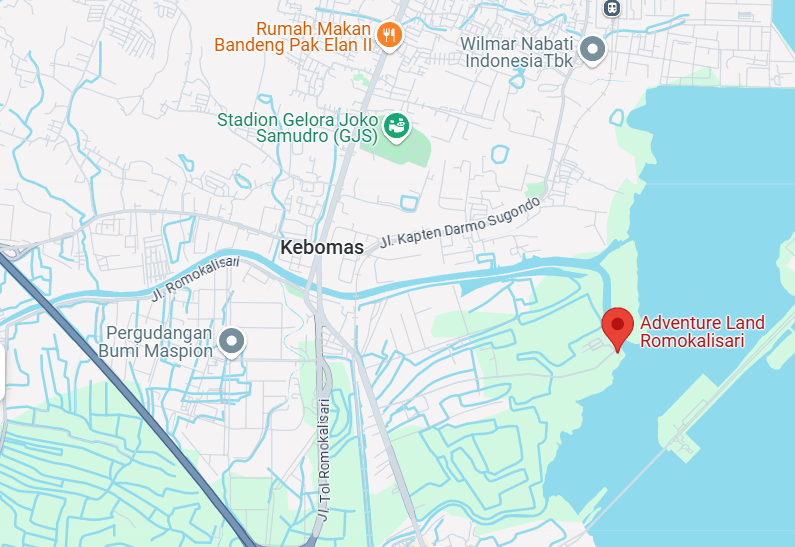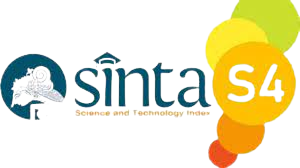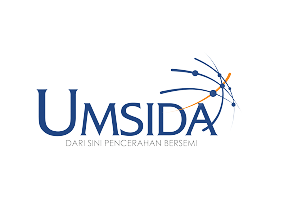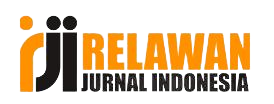Community Empowerment Through Asset-Based Tourism Development: A Case Study Of Romokalisari Adventure Land, Surabaya
Pemberdayaan Masyarakat Melalui Pengembangan Pariwisata Berbasis Aset: Studi Kasus Romokalisari Adventure Land, Surabaya
DOI:
https://doi.org/10.21070/jkmp.v12i2.1788Keywords:
Asset-Based Community Development, Romokalisari Adventure Land, Government-Community RelationsAbstract
This study aims to analyze the implementation of the Asset-Based Community Development (ABCD) approach in managing Romokalisari Adventure Land, a natural tourist destination operated by low-income communities (MBR) in Surabaya City. A qualitative method was employed, with data collected through interviews, observations, and documentation. The findings indicate that while the Asset-Based principle has been effectively applied through the empowerment of Paguyuban ALR in managing tickets and micro-business stalls, challenges such as workforce retention and income disparities between micro-business operators and attractions remain significant barriers. The application of the Internally Focused principle allows communities to manage their assets independently; however, economic inequalities and unresponsive ticket pricing policies negatively impact community welfare. Furthermore, the relationship between the Department of Food Security and Agriculture (DKPP) and Paguyuban ALR has not been optimal in strategic decision-making. The main findings suggest that the success of the ABCD approach heavily relies on enhanced communication, clear SOP formulation, and ongoing training support
References
Adityaji, R. (2018). Formulasi Strategi Pengembangan Destinasi Pariwisata Dengan Menggunakan Metode Analisis SWOT: Studi Kasus Kawasan Pecinan Kapasan Surabaya. Jurnal Pariwisata Pesona, 3(1). https://doi.org/10.26905/jpp.v3i1.2188
Ahmad, I., & Islam, M. R. (2024). Empowerment and Participation: Key Strategies for Inclusive Development. In Building Strong Communities: Ethical Approaches to Inclusive Development (pp. 47–68). Emerald Publishing Limited. https://doi.org/10.1108/978-1-83549-174-420241003
Ananda, F. A., & Koswara, A. Y. (2018). Faktor-Faktor yang Mempengaruhi Integrasi Daya Tarik Wisata (DTW) di Kawasan Wisata Bulak Surabaya. Jurnal Teknik ITS, 7(2), 95–99. https://doi.org/10.12962/j23373539.v7i2.34253
Budeanu, A., Miller, G., Moscardo, G., & Ooi, C.-S. (2016). Sustainable tourism, progress, challenges and opportunities: an introduction. Journal of Cleaner Production, 111, 285–294. https://doi.org/10.1016/j.jclepro.2015.10.027
Elgin, C., & Elveren, A. Y. (2024). Unpacking the economic impact of tourism: A multidimensional approach to sustainable development. Journal of Cleaner Production, 478, 143947. https://doi.org/10.1016/j.jclepro.2024.143947
Fauzi, M. A. (2023). Sustainable tourism and sustainable development goals (SDGs): a state-of-the-art review of past, present, and future trends. In Environment, Development and Sustainability. https://doi.org/10.1007/s10668-023-04077-0
Haibo, C., Ayamba, E. C., Udimal, T. B., Agyemang, A. O., & Ruth, A. (2020). Tourism and sustainable development in China: a review. Environmental Science and Pollution Research, 27(31), 39077–39093. https://doi.org/10.1007/s11356-020-10016-7
Harrison, R., Blickem, C., Lamb, J., Kirk, S., & Vassilev, I. (2019). Asset-Based Community Development: Narratives, Practice, and Conditions of Possibility—A Qualitative Study With Community Practitioners. SAGE Open, 9(1). https://doi.org/10.1177/2158244018823081
Kristanto, T. B. A., & Aishya Putri, A. (2021). Pengembangan Masyarakat berbasis Aset sebagai Upaya Pemberdayaan Masyarakat melalui Sektor Wisata Kebugaran di Indonesia. Journal of Social Development Studies, 2(2), 43–54. https://doi.org/10.22146/jsds.2272
Maulana, M. (2019). Asset-Based Community Development : Strategi Pengembangan Masyarakat di Desa Wisata Ledok Sambi Kaliurang. Empower: Jurnal Pengembangan Masyarakat Islam, 4(2), 259–278. http://syekhnurjati.ac.id/jurnal/index.php/empower
Ndhlovu, E., Dube, K., & Kifworo, C. M. (2024). Tourism and Hospitality Trends and Sustainable Development: Emerging Issues in the Digital Era. In E. Ndhlovu, K. Dube, & C. M. Kifworo (Eds.), Tourism and Hospitality for Sustainable Development (pp. 1–21). Springer Nature Switzerland. https://doi.org/10.1007/978-3-031-63073-6_1
Pramesti, I. Y., Yani, A. R., & Aji, R. I. (2024). Perancangan Visual Media Promosi Romokalisari Adventure Land Bagi Segmen Keluarga. Innovative: Journal Of Social Science Research, 4(3), 1197–1210. https://doi.org/10.31004/innovative.v4i3.10304
Pramudyana, A., & Prabowo, B. (2024). Pengaruh Bauran Pemasaran Terhadap Minat Berkunjung Kembali Ke Romokalisari Adventure Land Surabaya. Reslaj: Religion Education Social Laa Roiba Journal, 6(4), 2478–2491. https://doi.org/10.47467/reslaj.v6i4.1368
Rahmawati, A., Peachilia, I. P. P., Hanifah, D. S., & Humaedi, S. (2024). Potensi Implementasi Pendekatan Asset Based Community Development (ABCD) dalam Upaya Pemberdayaan Masyarakat di Kampung Wisata Cigadung. Pekerjaan Sosial, 23(1), 119–141. https://doi.org/https://doi.org/10.31595/peksos.v23i1.1109
Tamrin, M. H., Fatimah, S. S. N., & Wahyuni, S. (2022). Community Participation in The Successful Community Empowerment Program (Prodamas) In Ngronggo Village Kediri City. JKMP (Jurnal Kebijakan Dan Manajemen Publik), 10(1), 1–7. https://doi.org/10.21070/jkmp.v10i1.1681
Wani, M. J. G., Loganathan, N., & Mujalli, A. (2024). The impact of sustainable development goals (SDGs) on tourism growth. Empirical evidence from G-7 countries. Cogent Social Sciences, 10(1), 2397535. https://doi.org/10.1080/23311886.2024.2397535
















